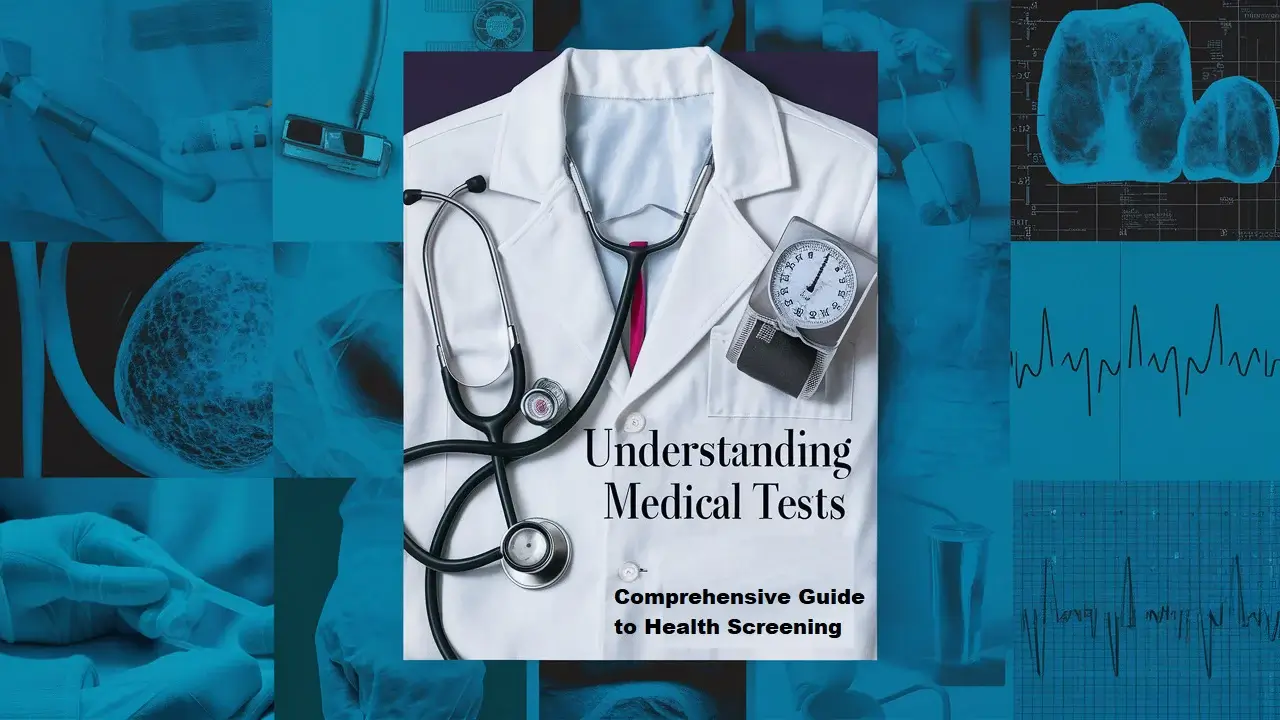It can be to choose from the many health check-up packages and screening choices nowadays. By reading on discover which sorts of health screening are for you. It is not undertaking to maintain your health, especially if you are willing to make lifestyle adjustments. A nutritious diet with regular exercise is essential to a balanced lifestyle. It is crucial to get checked for any potential health issues. It is because health screenings can save your life. It is by enabling a doctor or other specialist to identify any diseases you may be carrying.
What Does Health Screening Means?
A health screening aids in the early detection of illnesses in humans. A healthcare doctor does a clinical examination, laboratory, radiography, and other test, and an easy way of health screenings. It purpose is to identify or rule out the occurrence of diseases, disorders, and threats to health. A group may be for testing. Choose someone for screening is not on their risk factors. In a society, health screenings are intervention or preventive methods.
Importance of having Health Screenings
In particular, as you age, health checks are a crucial element of maintaining excellent health. If people followed their doctor’s advice and underwent routine health tests, it avoids many deaths. Health screenings can identify issues early when there are the best possibilities for recovery. Heart disease is the cause of death in different places. People have a better chance of preventing and managing diseases that could lead to a heart attack. It is to have a routine check-up of their blood pressure and cholesterol and treat them as needed. By undergoing the health exams prescribed for you, you are making little but crucial step. It is towards a standard of life and perhaps even a longer lifespan.
Types of Health Screening
They are the following:
Basic
Overweight, diabetes, high blood pressure, and hyperlipidemia are during health examinations. Start at 18, should keep an eye on your blood pressure, tummy, and body mass index. At age 40, you should start checking your cholesterol and blood sugar levels. You should have a screening sooner if you have a family history of certain illnesses. The ease with which people can get their blood checked has also increased. Before testing for diabetes and high blood cholesterol, individuals were too fast. Blood tests for HbA1c and non-fasting blood cholesterol are indications of diabetes and cholesterol. They are now available without the need for clients to fast.
Comprehensive
In addition to a baseline health check, comprehensive health exams include additional medical tests. Even though there are tests accessible, not all of them are useful for everyone. People will be by doctors depending on their risk factors and dietary practices that cause diseases. The patient’s occupation, smoking status, and family history of disorders are in this risk factor analysis. Individuals get informed of the advantages and hazards of these testing. For instance, the treadmill testing procedure can identify some patients with coronary heart disease. It can also result in a tiny percentage of patients receiving false-positive results. Bogus positive results might prompt further rigorous cardiac tests, which would be stressful.
Specific
Cancer screening is more crucial than ever today. Detection can save lives. The colon, breast, and cervical cancer monitoring are because these diseases are curable when found early. Adults older than fifty should have a colonoscopy for colon cancer screening or a stool test for blood. A younger should be for screening among those at higher risk for colon and breast cancer. It is those with a strong family history of these diseases. Women over 25 who have had physical activity should be for cervical cancer.
Different Health Screening Tests
They are the following:
Cholesterol Test
Blood tests are to screen for cholesterol. The risk of cardiovascular disease is high in those with high blood cholesterol values than in people with average limits. As per studies, reducing cholesterol can minimize the risk of heart disease in those with high cholesterol. Fitness first is necessary for it. A person with normal cholesterol can nonetheless develop cardiovascular disease.
Fecal occult blood test
Microscopical examination or chemical testing for hemoglobin in the stool is to find it. Blood in the stool could be a malignant development, such as colorectal cancer. Three stool samples must be for the test, which involves looking for blood under a microscope. It is to realize that the presence of blood might cause noncancerous reasons. It includes specific foods or medications, gastrointestinal leakage, or hemorrhoids. Many groups, like the American Cancer Society, advise testing beginning around age 50.
Pap Test
Pap smears are tests that use samples of a woman’s cervix’s cells to check for cellular abnormalities. In sexually active women under the age of 65, the Pap smear is a screening test to find cancer at an early stage. It is when there are frequently no symptoms. It is crucial to realize that while a Pap smear may be as unusual. It may not always indicate that a person has cervical cancer. Some organizations advise screening for the human papilloma virus. It is as part of a Pap smear in select groups.
Diabetes or Prediabetes
The American Diabetes Association suggests that all individuals be at age 45. People who are overweight or obese should be even if they don’t show any signs of the disease.
Prostate Specific Antigen
The prostate-specific antigen levels in the blood are by this blood test. The immune system of an individual reacts due to antigens. When prostate cancer is present, the levels of antigen may be higher. It is crucial to realize that other benign breast disorders. It is such as benign prostatic hyperplasia, a noncancerous swelling of the prostate. It may also cause PSA to increase. It is a significant debate about the PSA test’s function, and not for all men.
Final Words
Based on your medical situation, consult your healthcare professional. It is about all of these screening tests as well as others. All healthcare professionals do not agree on performing health screening tests. Each varies at every age.

